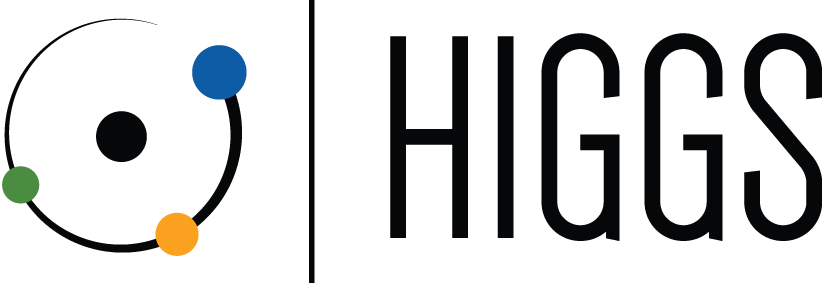By Higgs
1. A few words about the organization’s goals and work
“Freedom Gate Greece” was founded in June of 2012 with a goal of fighting every form of social exclusion. We provide psychosocial support to socially vulnerable groups, legal and professional counseling to ex-prisoners and educate volunteers and professionals working in Greek prisons.
Our actions focus on:
• programs involving prisoners in Greek prisons and their families. We implement group psycho-educational interventions at Child and Young Detention Centers, aiming to support them within the detention centers. In addition, we provide support both to groups and individuals in the intimate environment of prisoners.
• group psychotherapeutic interventions with vulnerable social groups. The interventions are aimed at combating specific psychopathological entities, such as depression, social phobia and generalized anxiety disorder with or without panic attacks.
• individual counseling to people who belong to vulnerable social groups.
• legal and professional counseling to ex-prisoners also in their familiar environment.
• participation in educational seminars concerning the training of workers and volunteers in detention centers.
2. A few words about the program that was funded
The program funded by the Costas M. Lemos Foundation, involves the creation and implementation of psycho-educational interventions for minors and young offenders within detention centers, the monitoring of Career Guidance workshops and the support of the ex-prisoners’ and prisoners’ familiar environment.
Each intervention takes the form of a group discussion and refers to small dialectical stories. At each meeting, the solution of each dilemma is discussed, following a structured way of solving problems, aiming at adopting healthy ways to solve problems and make decisions. At the same time, experiential workshops aiming at enhancing social skills (communication, cooperation), negotiation and conflict resolution skills, the development of Emotional Intelligence, the creation and strengthening of positive identity, in order to enhance free expression.
In the organization’s premises, there are peer support groups held for the families of the offenders. Individual and family sessions also take place with ex-prisoners and members of the families of former and current prisoners.
Finally, the Career Guidance workshops taking place within detention centers, help members acquire improved knowledge on their occupational rights while they are informed about the employment opportunities they can use after their release. The duration of the program is one year and the number of beneficiaries is estimated at 200 people.
3. What advice would you give to an organization in writing a successful proposal for funding?
The experience of the Freedom Gate in successful and unsuccessful proposals for funding leads to the following tips:
It is helpful to remember that the Donor usually does not have the cognitive and scientific background of the subject matter of the proposal. So, it is very important for an NPO to describe the subject with simple words, in order to make the project goals clear.
It is important to put emphasis on the correct and detailed description of project management and not just its scientific background. Extensive reference to the ways of managing the project makes the organization trustworthy and confident that it can undertake and process it properly. Furthermore, the imprint of the social impact of the project is also considered an important factor for a successful proposal.
In addition, the financial analysis of the project should respond to the realistic conditions of the project implementation (e.g. employees salaries) while the Nonprofit Organization should take into account the funding of the donor. This means that the amount requested should not be too low or too high.
Finally, it is important to study the prospective donor, his preferences, interests and previous grants in order to understand who would be the most appropriate to fund your proposal.
4. How much do you think your participation at HIGGS Accelerator program has helped you and why?
Our participation in the Accelerator program has helped us a lot as we acquired high-quality training. Also, the counseling services during the preparation of proposals led to their funding. An example is the funding from the Costas M. Lemos Foundation. Furthermore, we believe that the knowledge acquired during our participation in the Accelerator as well as the support we received from the trainers played a decisive role in the final formulation of the proposal of the Erasmus+ project “RE [ENTER]”.
5. Why would you advise other organizations to join the Accelerator program?
The main reason why we would advise other organizations to join the Accelerator is that they will work closely with experts who are well aware of the Civil Society and are willing to support them. They will also be found in a place made with elegance, love and above all with many smiles. A meeting place with other organizations, which can broaden the horizon of their actions through the creation of promising partnerships.
6. What are your next steps?
Our next steps are the following: to strengthen our organization in the field of strategic planning and its sustainability as well as the successful implementation of psychosocial support programs for vulnerable social groups. We would like to increase our collaborations with organizations and institutions in order to reach more beneficiaries and increase our social impact. We intend to expand our work in Europe and continue to engage in partnerships with other entities that have the same values as us and fight for the same vision.

